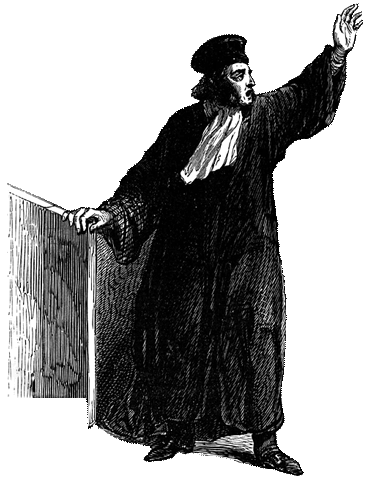I am a good attorney for different reasons. One is that I am a pretty good writer. I have always liked writing; in fact I once wanted to be a journalist, but that is another story.
My legal mentor always advised me to write short, active-tense sentences and to avoid “legalese” at all costs. Some examples: “It has come to my attention” (BAD) vs. “Now I know.” (GOOD). “The answer to your question is in the negative” (BAD) vs. “no.” (GOOD). “A response to your demand is being considered by our client” (BAD) vs. “Our client is thinking about your demand.” (GOOD).
I once was warned that I would be fired if I used the phrase “prior to” instead of “before.” I also once wrote a letter in response to a three-page missive from opposing counsel that simply said: “No.” When I got a second, two-page letter expressing counsel’s outrage at this, I responded with another letter that said: “wrong again.”
I love stuff like that, especially when used against attorneys who write “faux confirming letters,” i.e. letters that purport to confirm what you just agreed to on the telephone, but which in fact add in all sorts of terms and conditions that the other side thought of after hanging up.
Anyway, not too long ago I was reading some new appellate court opinions (we never stop working here at R & J!) and I came across a wonderful opinion that deserves to be shared with anyone who cares about good writing, especially good legal writing. It was written by Justice William Bedsworth of the Fourth Appellate District and it is the first paragraph of the opinion (Engle v. Copenbarger and Copenbarger) that I especially admire:
“Cautionary tales rarely have happy endings. From the 19th Century German classic, “The Dreadful Story of Pauline and the Matches,” in which the fate of the child heroine can be deduced from the title, to the more familiar Thirties cult film, “Reefer Madness,” the protagonist almost never does well in them. This case is no exception. We present here a cautionary tale, published, like all of its ilk, in the hope of providing a warning.”
Words fail me. I celebrate this paragraph for its elegance, humor and pithiness.
Engle is also interesting from a practice standpoint, in that it clarifies an important rule applying to “998 offers.” (Offers to settle made pursuant to a section of the California Code of Civil Procedure). If you make a 998 offer and you intend it to include the other party’s attorney’s fees, you’d better spell it out in the offer. Broad language like “all claims of whatever nature” or “all relief sought” does not, to use the vernacular, “cut the mustard.”
Let’s hear a shout-out for brevity and elegance in legal writing. Thanks for reading.





Leave a Reply
You must be logged in to post a comment.